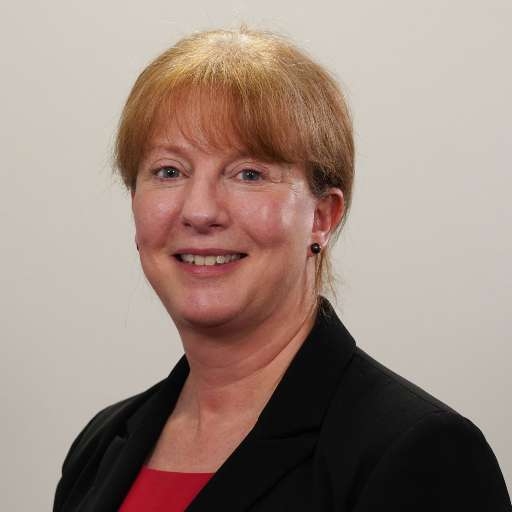
Scottish Budget hits higher earners with new 45% tax band

Scotland has introduced a new tax band set at 45% of earnings between £75,000 and £125,140.
The move, introduced in the Scottish Budget yesterday, will see higher earners pay more tax.
The new ‘advanced’ income tax band will be 45% for earnings between £75,000 - £125,140. In addition, top rate taxpayers will see a 1% increase in income tax from 47% to 48% on earnings above £125,140.
There were no changes to starter, basic, intermediate and higher income tax rates although the starter and basic rate band thresholds will rise in line with inflation.
Thresholds for the higher and top rates of tax have been frozen.
There are now six income tax bands.
Scottish Income Tax Bands 2024-25
|
Bands |
Band name |
Rate |
|
£12,571 - £14,876 |
Starter |
19% |
|
£14,877 - £26,561 |
Basic |
20% |
|
£26,562 - £43,662 |
Intermediate |
21% |
|
£43,663 - £74,999 |
Higher |
42% |
|
£75,000 - £125,140 |
Advanced |
45% |
|
Above £125,140 |
Top |
48% |
Source: HL/Scottish Government
The Scottish Government added the new tax band and increased its tax take from higher earners to meet an expected funding shortfall.
Reaction to the changes has been one of concern from industry experts.
Clare Stinton, head of workplace savings at plaform Hargreaves Lansdown, said: “Higher taxes for higher earners is how Scotland has chosen to address funding shortfalls - in the words of Deputy First Minister and Finance Secretary, Shona Robison, ‘those with the broadest shoulders are asked to contribute a little more.’
“People living and working in Scotland already face higher taxes than their English, Welsh and Northern Irish neighbours. The hikes announced today will no doubt come as unwelcome news to Scottish households caught in the net of the new ‘advanced’ tax band, who will face paying thousands more than their counterparts residing elsewhere in the UK.”
She said the rising tax burden should encourage more higher rate savers north of the border to look at using tax shelters such as ISAs and SIPPs.
She added: “Elevated taxation for higher earners will also likely raise concerns about the overall desirability of Scotland as a location for people to live and for businesses to operate. Beyond the headline tax increases, the news the freezing of higher and top rates of tax thresholds will drag more people into paying more tax over time so even if you aren’t immediately affected then over time you could be.”
Jon Greer, head of retirement policy at wealth manager Quilter, said: “The recent changes to Scotland's income tax structure, specifically with the introduction of a new 45% tax band for individuals earning between £75,000 and £125,140, have wider implications beyond immediate tax liabilities. One key area impacted by these changes is pension contributions, especially for higher earners.
“The increase in the income tax rate for higher earners may lead to a reconsideration of their pension contribution strategies. Since pension contributions can be used as a means to reduce taxable income, individuals in the new 45% bracket might see an increased incentive to contribute more to their pensions, effectively reducing their taxable income and gaining more from the tax relief available on pension contributions.
“The changes also highlight the importance of Financial Planning and getting advice, especially for those who might not be accustomed to engaging with the complexities of tax returns and pension contributions as they find themselves paying more tax than they were used to.”
